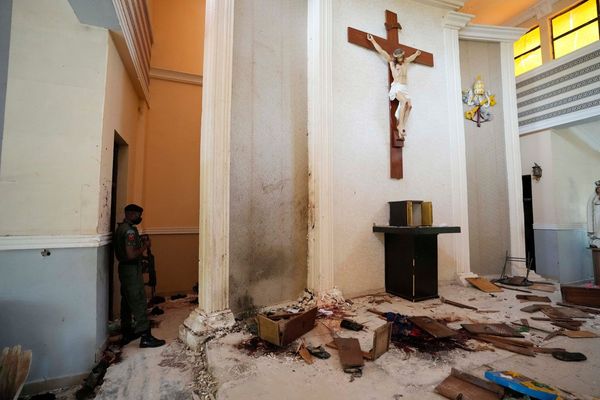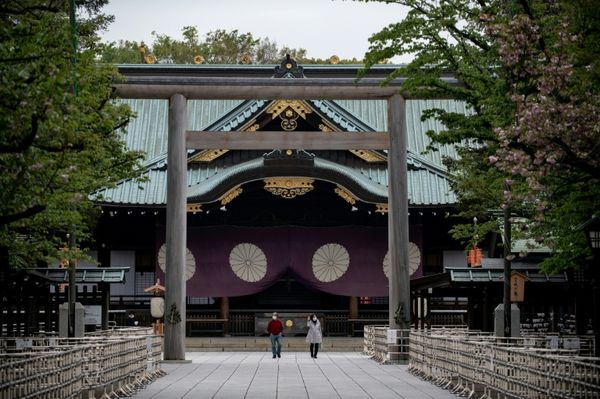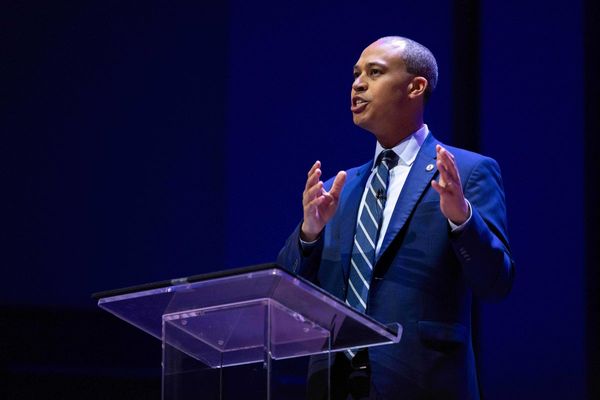
South Korean law enforcement officials have requested a court warrant to detain impeached President Yoon Suk Yeol as they investigate his short-lived martial law decree on Dec. 3, which is being scrutinized for potential rebellion charges. The Corruption Investigation Office for High-Ranking Officials, in collaboration with police and military authorities, has confirmed the warrant request from the Seoul Western District Court. Yoon faces allegations of abuse of authority and orchestrating a rebellion.
The president's lawyer has challenged the detention attempt, arguing the warrant request's validity and questioning the anti-corruption agency's jurisdiction to investigate rebellion charges. The court's decision on the warrant remains pending, with uncertainties surrounding Yoon's cooperation with authorities.
Yoon's presidential immunity does not shield him from rebellion or treason accusations, prompting the ongoing legal battle. The National Assembly's impeachment of Yoon on Dec. 14 led to the suspension of his presidential powers, triggering political unrest and financial market fluctuations.
The fate of Yoon now rests with the Constitutional Court, which is deliberating on upholding the impeachment or reinstating him. The recent impeachment of Prime Minister Han Duck-soo and the appointment of Deputy Prime Minister Choi Sang-mok as the interim leader further complicate the political landscape.
In a separate criminal investigation, Yoon's defense minister, police chief, and military commanders have been arrested in connection with the martial law enforcement attempt. The allegations against Yoon and his military leadership involve blocking the National Assembly's decision to lift martial law and detain key politicians.
Yoon has defended his actions as necessary governance measures, denying intentions to disrupt the assembly's functioning. Contradictory testimonies from military officials have added complexity to the investigation, raising concerns about Yoon's unsubstantiated claims of election fraud.
The ongoing legal proceedings and political turmoil in South Korea underscore the challenges of maintaining democratic norms and upholding the rule of law in the face of power struggles and allegations of abuse of authority.







